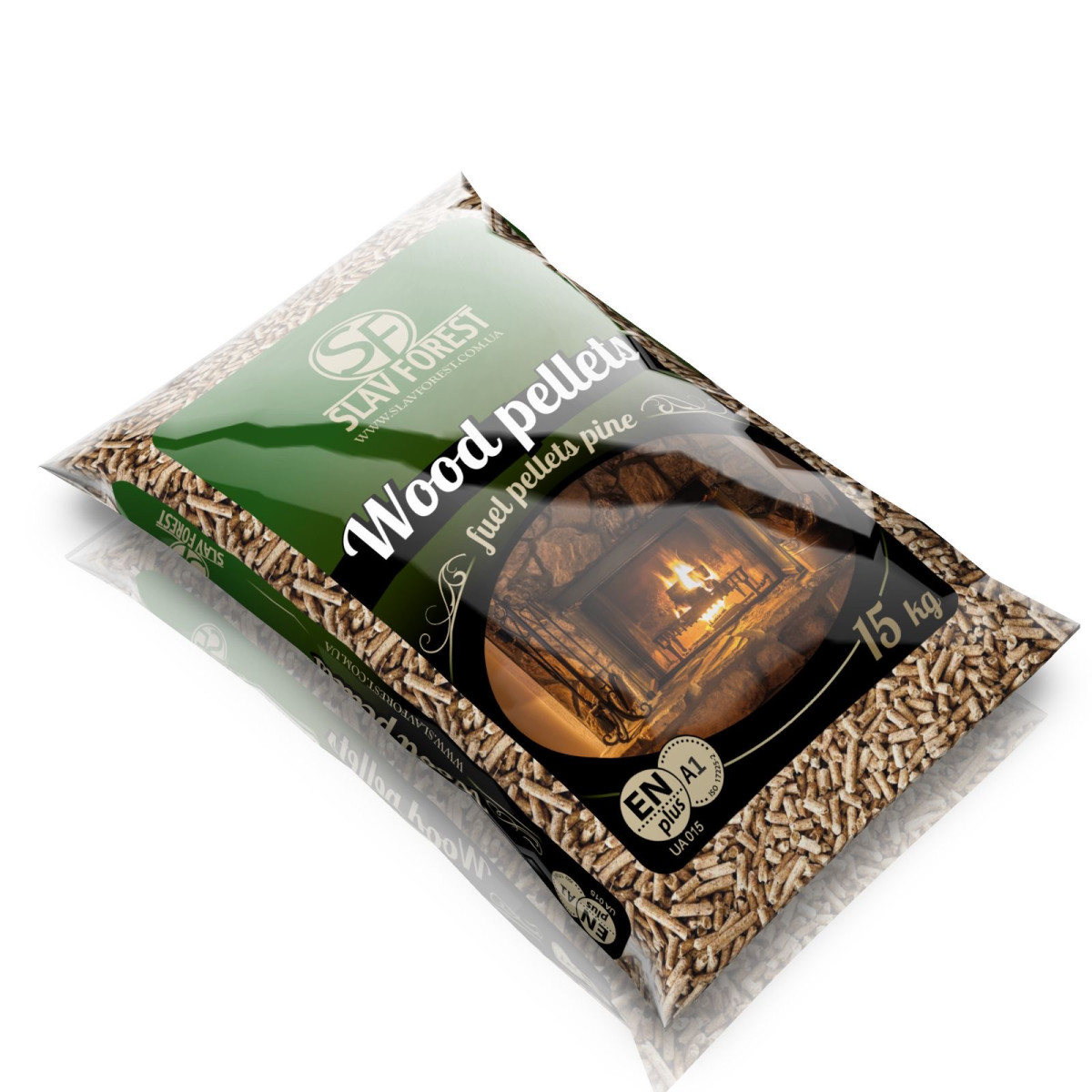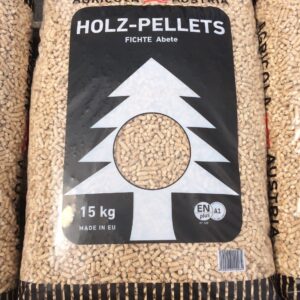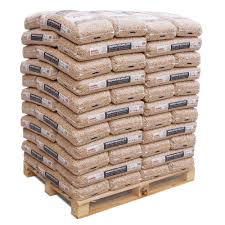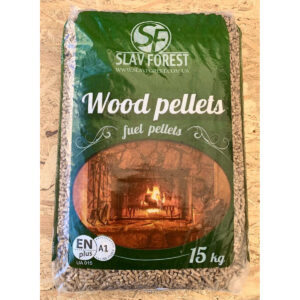Product description
Wood Pellets: A Sustainable and Efficient Fuel Source
Wood pellets have become a popular and eco-friendly fuel option for residential, commercial, and industrial use. Composed of compressed wood fibers, typically from sawdust, shavings, or other wood by-products, wood pellets offer a renewable, cost-effective, and energy-efficient alternative to traditional fossil fuels such as coal, oil, and natural gas.
Production Process
Wood pellets are manufactured by compacting wood waste materials into small, cylindrical shapes under high pressure. This process does not require any additives, as the natural lignin in the wood acts as a binding agent, making the pellets dense and durable. The use of wood waste for pellet production also makes the process highly sustainable, as it repurposes materials that would otherwise be discarded or burned inefficiently.
Pellet production typically follows the following steps:
- Raw Material Collection: Sawdust, wood chips, and shavings are gathered from sawmills or other wood-processing industries.
- Drying: The raw materials are dried to a specific moisture content to optimize combustion efficiency.
- Pelletizing: The dried materials are compressed under high pressure, forming small, uniform pellets.
- Cooling and Packaging: The pellets are cooled and then packaged for sale.
Efficiency and Performance
Wood pellets are known for their high energy density and efficiency. They have a low moisture content (typically less than 10%), which allows them to burn hotter and cleaner than traditional firewood. In terms of heating, a ton of wood pellets can produce as much energy as around 1.5 barrels of heating oil or 4.75 tons of coal, making them a powerful source of heat.
Additionally, wood pellet stoves and boilers are designed to operate with minimal ash and emissions, contributing to a cleaner environment. The automatic feed systems in modern pellet stoves ensure a consistent burn, providing steady heat with less manual intervention compared to traditional wood stoves.
Environmental Benefits
Wood pellets are considered carbon-neutral because the carbon dioxide released during combustion is offset by the carbon absorbed by trees during their growth. As a renewable energy source, wood pellets reduce dependency on fossil fuels and help lower greenhouse gas emissions. Furthermore, the use of sustainably sourced wood ensures that forests are preserved for future generations.
In conclusion, wood pellets are an eco-friendly, energy-efficient, and cost-effective heating solution. Their production from wood waste, combined with their high energy output and low environmental impact, makes them an ideal choice for those seeking a sustainable fuel alternative.








